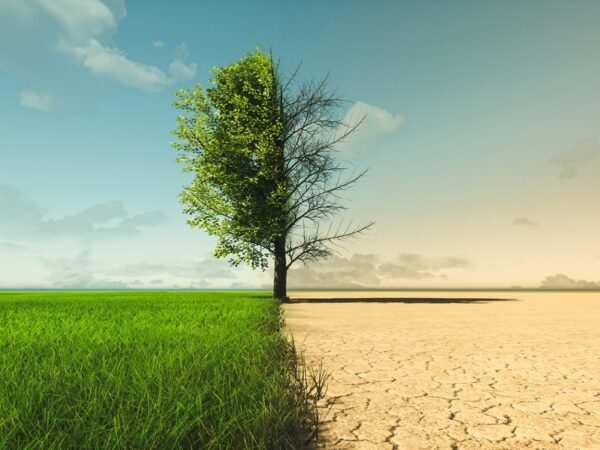
As the world turns towards COP28 in the United Arab Emirates we reflect on the University of Edinburgh’s staff and student entrepreneurs who are making their ideas work for a better world.
At Edinburgh Innovations, the University’s commercialisation service, our Enterprise Services team helps University staff and students take their ideas from concept to real-world impact, and ensures that the commercial potential of new ideas, research and inventions can be fully realised.
Over the 12 days of COP28 we will be highlighting 12 innovative student and staff companies that are committed to delivering solutions to the global climate crisis.
1. Looper

Looper is a next generation Life Cycle Assessment (LCA) software helping companies measure and reduce the climate impact of their products. Product climate impact data is widely used, however it is expensive, time consuming and lacks quality control. Using Looper, customers can finish the LCA calculation within 30 minutes, saving up to 80% of the cost compared to using consultants.
2. Sunamp
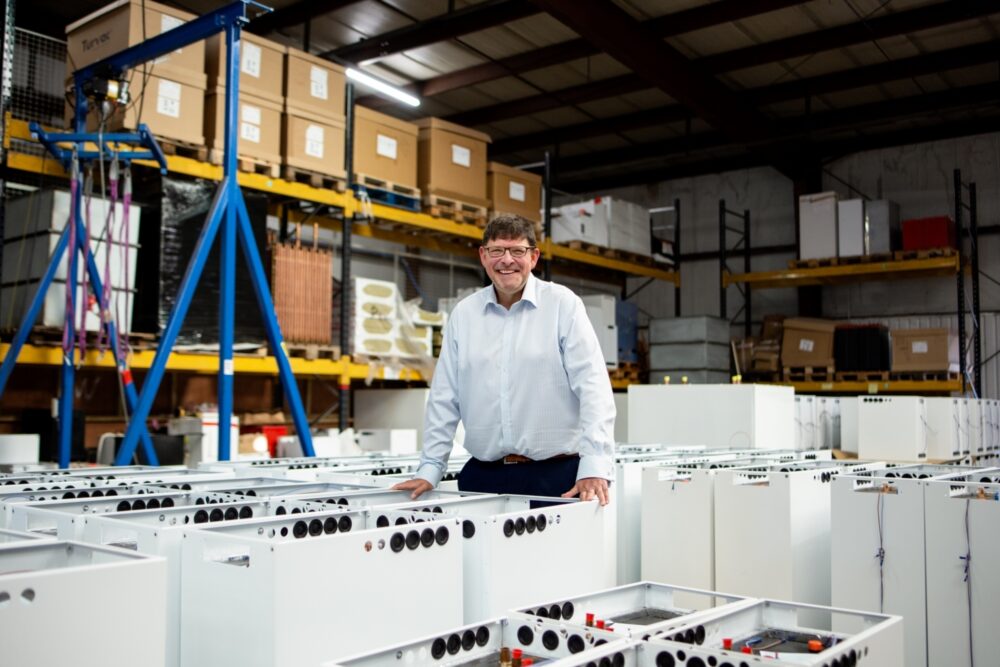
Thanks to a longstanding collaboration with the School of Chemistry over materials, Sunamp has developed the world’s first commercially viable domestic heat battery, which provides an energy-efficient, sustainable, low-cost alternative to the traditional gas boiler and water tank.
The heat batteries can be charged with energy from almost any source, provide high-efficiency storage, and release heat on demand. They have saved homeowners money and reduced carbon emissions by minimising heat loss from storage and by increasing use of locally generated renewable energy and cheap off-peak electricity.
3. Solarsub
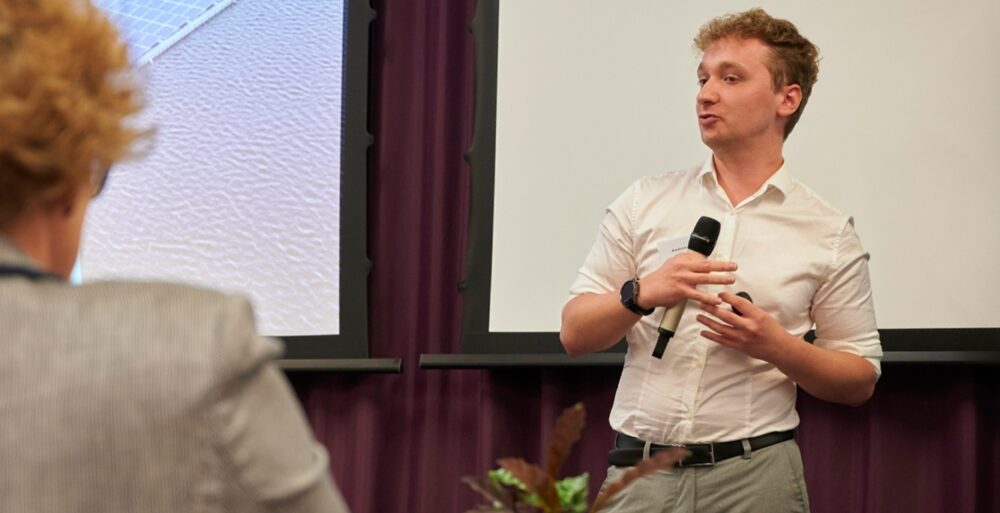
Solarsub is focused on a new invention designed to increase solar panel efficiency by up to 20% and have positive impacts on the environment. Consisting of a specifically designed cooling system that is related to floating solar panels that are mounted on bodies of water, it offers a more sustainable and efficient solution than traditional solar panels on land.
4. AgriTech Analytics
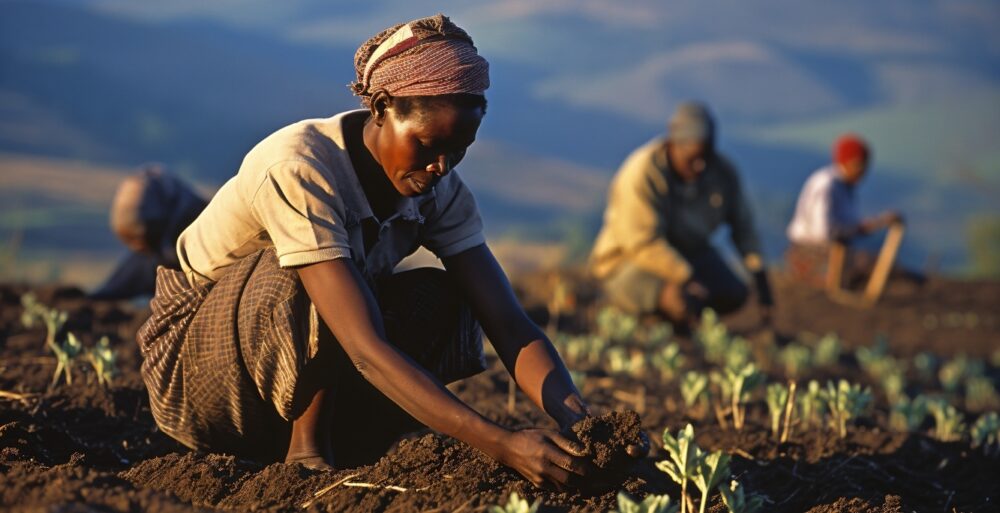
Africa currently faces huge climate and food challenges such as annual crop losses of between 45% to 100% caused by pests and diseases; soil degradation which impacts 65% of Africa’s agricultural land, and unreliable rainfall, which affects 98% of African agriculture. AgriTech Analytics’ technology integrates AI-powered satellite data analytics and data from crop and soil sensors to tackle these challenges, with the ultimate goal of ending hunger.
5. Exergy3
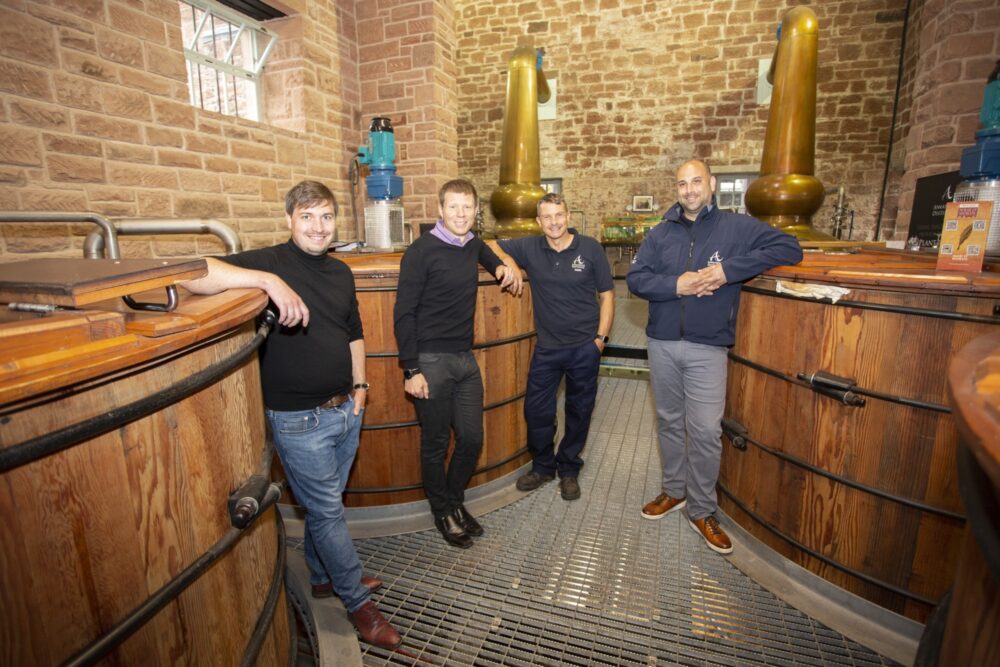
School of Engineering spinout Exergy3 has developed a “decarbonisation machine” that the team says can replace up to 100% of the fossil fuels currently used in high temperature industrial processes.
Currently, around half of greenhouse gas emissions worldwide come from high temperature processes, used in many industries from food and drink to district heating networks and combined heat and power plants. Exergy3’s modular energy storage system instead takes excess renewable energy from the National Grid and stores it at temperatures of up to 1200C with minimal energy losses.
6. Sunsave Solutions

Sunsave Solutions is on a mission to increase access to clean, constant, and affordable electricity to rural communities in Africa, starting in Cameroon. Its low-cost, portable solar system can be installed in individual homes or businesses, along with a Pay-As-You-Go scheme which allows users to pay for solar electricity in weekly or monthly instalments. Clean electricity becomes more affordable and accessible for the average rural household, enabling social mobility through evening education, for example.
7. E.V.A Biosystems

E.V.A Biosystems is developing synthetic biology approaches to help tackle plastic pollution by producing bioplastics that selectively degrade in response to programmable environmental stimuli. This will produce packaging that harnesses the benefits of classic plastic manufacturing while improving the sustainability of the industry and the end-of-life outcomes for plastic products.
8. Carbogenics
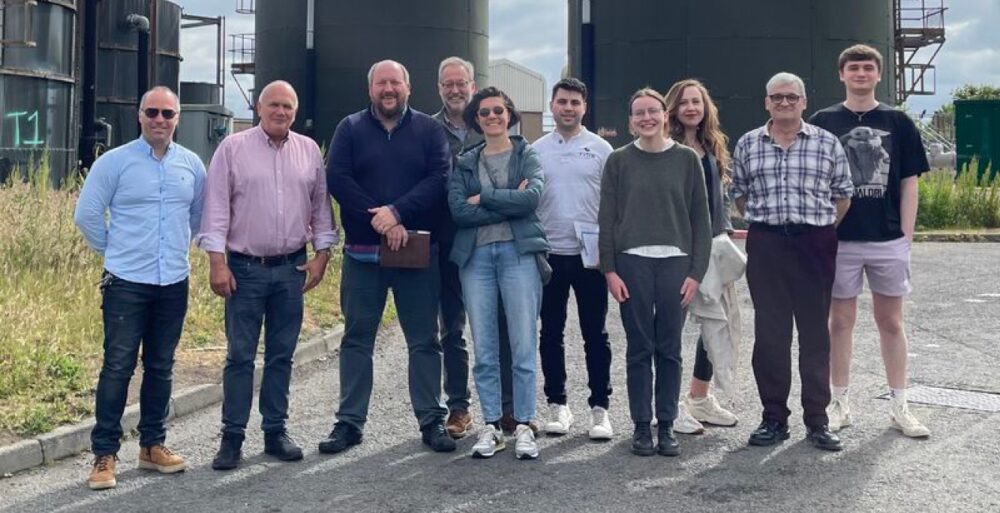
Geosciences spinout Carbogenics turns food, farm and paper waste that would otherwise go to landfill into a product called CreChar. CreChar is a carbon-rich, porous material that will help stabilise the performance of anaerobic digestion plants, which use natural biological processes to break down organic waste. It will enhance green energy production from food and farming, and permanently sequester carbon in soils.
9. CEXAL

Founded by graduate Matteo Cese of the School of Social and Political Science, startup CEXAL identifies harmful organic and inorganic compounds with very accurate rapid test kits that are environmentally and clinically safe. By doing so they aim to harness the power of biology to make molecular testing truly accessible and affordable to the people who most need it.
10. Eagle Ray Robotics
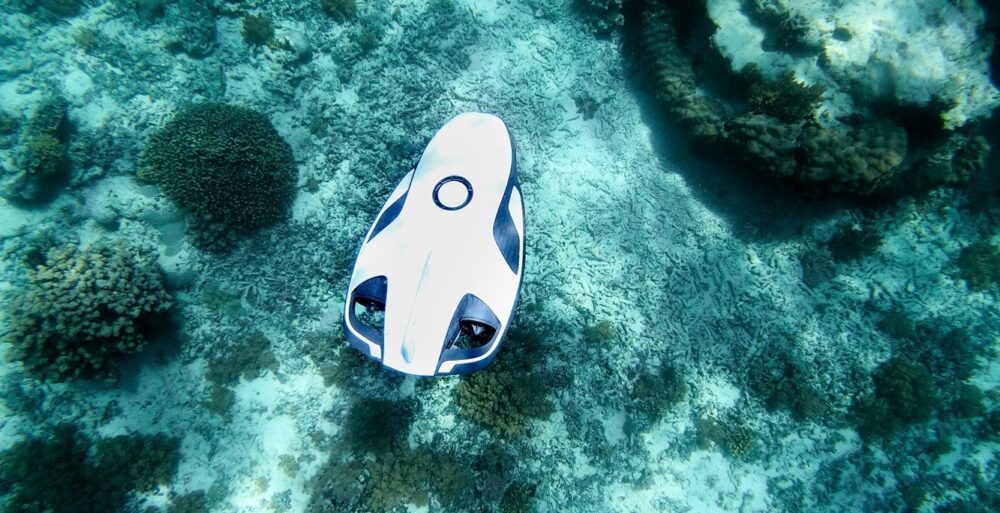
Underwater exploration and operations face significant challenges. Conventional underwater drones are often limited in their manoeuvrability and energy efficiency, especially when dealing with complex tasks or handling heavy objects. The Eagle Ray drone is uniquely engineered to improve mobility and operational efficiency in underwater environments. Through advanced engineering and innovative technology, the drone enhances manoeuvrability and reduces energy consumption, making it more effective for a variety of underwater tasks.
11. Raygonal
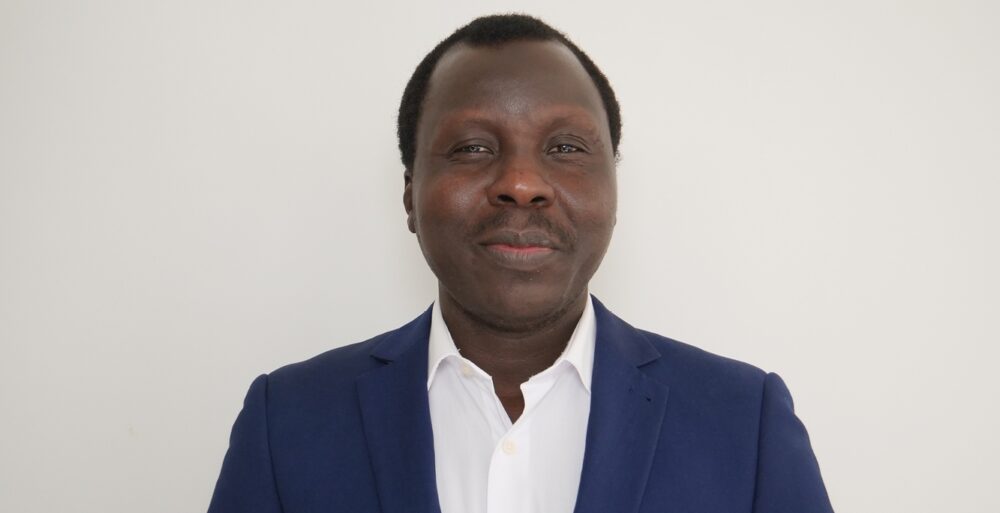
Raygonal is an agricultural technology company that aims to tackle some of the world's greatest aquaculture and crop production challenges. Deploying deep tech in tackling food production in some of the poorest regions on the planet. They do this by leveraging innovation and creativity to create sustainable technological solutions that are humane to the environment whilst empowering people to live better lives. Presently they are piloting their aquaculture system in Africa in anticipation of commercialisation. We aim to be a global player in agriculture technology sector.
12. CrustaTec
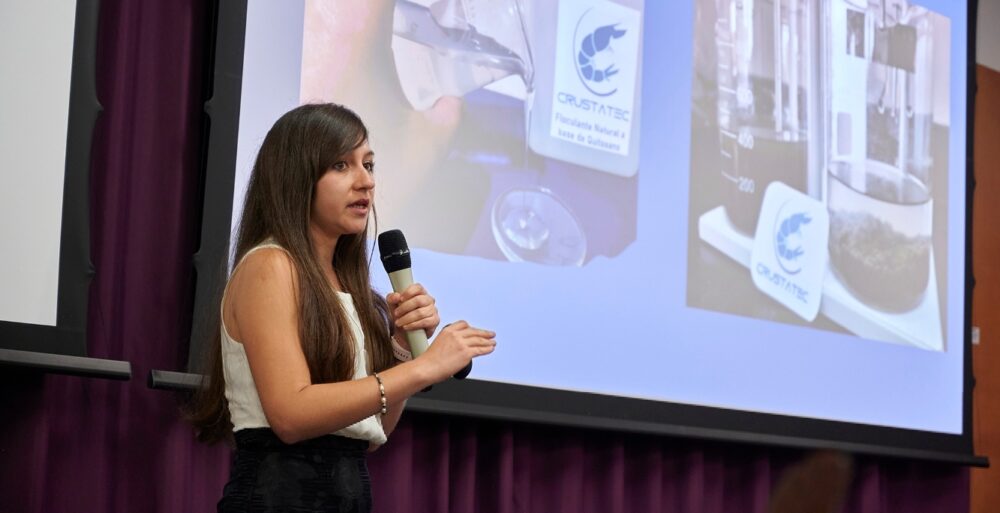
CrustaTec aims to build a circular economy in Guatemala around waste management from the seafood industry and wastewater treatment. From the biorefinery of the shrimp shell waste, a valuable polymer (chitosan) is obtained, which is the base of their two main products: a recirculation filter for textiles wastewater treatment and a natural conditioner for general wastewater management.

